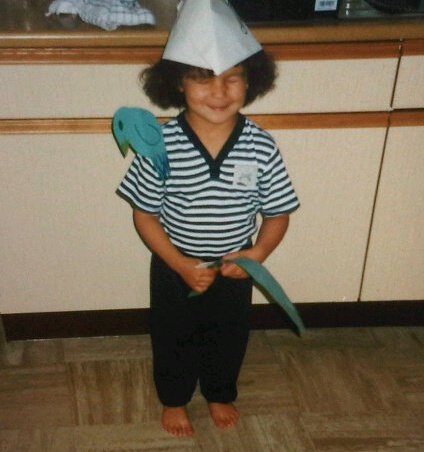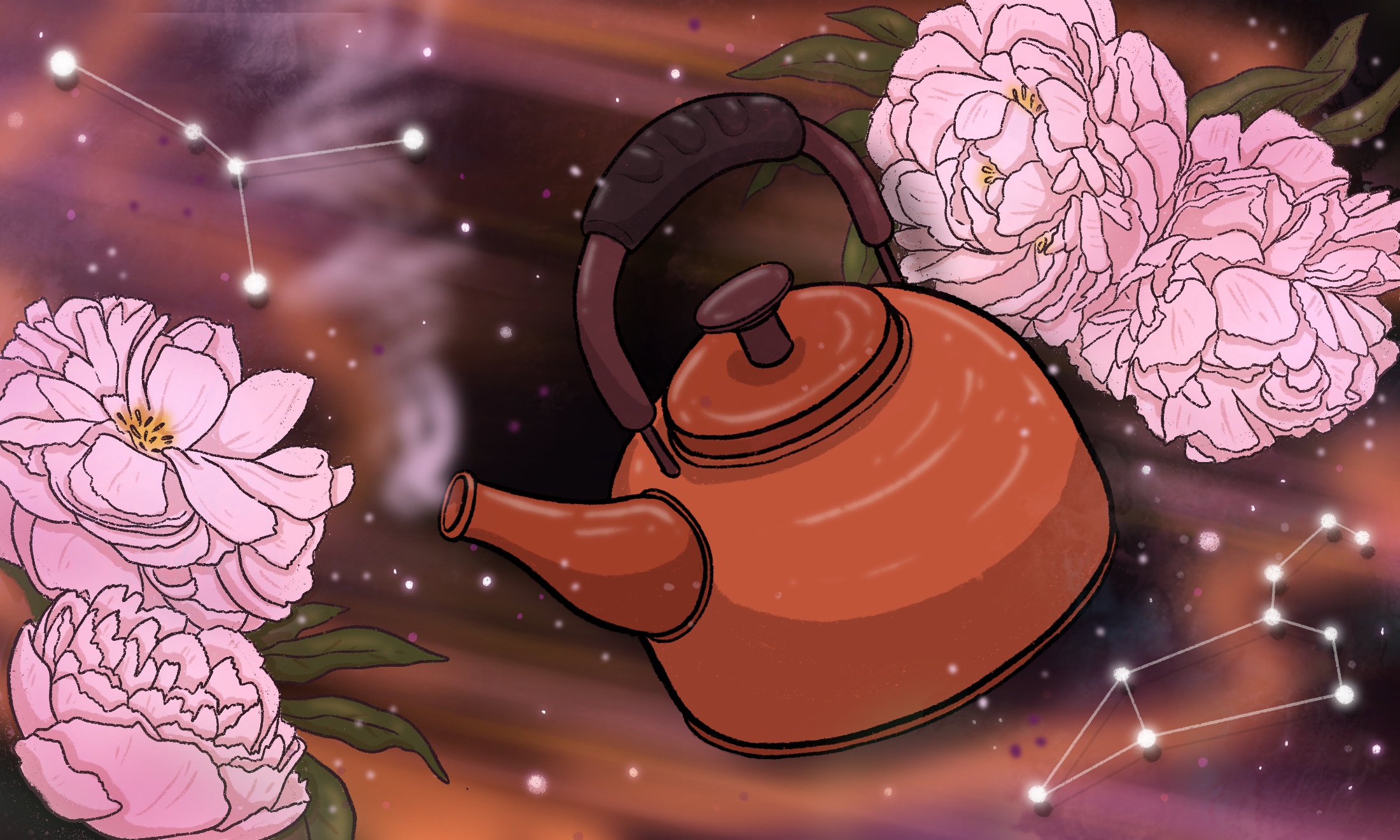
I am a Devonian, I have a British passport, I drink way too much and I like to complain about the weather. On paper, I am the archetypal Englishwoman. My appearance, however, proves an exotic ambiguity to the inquisitive eye. Caramel skin, almond eyes, gangly legs and hair with a buttery curl. An invisible question mark floating above my head.
Small talk is usually reserved as the filler at parties, that odd no man’s land between sobriety and intoxication. Yet, small talk for me often leads to a lengthy discussion about my family tree. It always seems to lead to the same probing: where are you from?
Granted it is a valid question for the melting pot of London. Yet this is so much more than my reasoning for being in London.
I reply coyly, “Exeter”. However, then comes a smug grin, the leaning in, an arched eyebrow. “No, No where are you really from?” I recoil slightly. This stranger is really very interested in my birthplace. “I was born in Plymouth, in a hospital?” Their head sways slightly, the smile broadens, their pupils dilate.
Like a viper surveying its prey before it bites, “No, no, no come on now, where are you really from?”
This is the third stage of inquisitiveness. The person is trying to work out my mixed heritage, wanting to trace my ethnic lines. I usually reply with some exotic other I have premeditated for this part. Brazilian, Parisian, Persian. Just to throw them off the scent of the ‘otherness’ I unconsciously permeate.
I understand people are interested in my ‘unusual’ appearance. However, I also feel that it is a gross invasion of privacy. It also makes me feel displaced. Isolated. I am not white enough to be considered a real English person, yet not black enough to be considered Jamaican. Ironically, their curiosity reeks of the negative connotations of evasive questioning. Apart from it being a drain, having to constantly feel like I need to prove who I ‘really’ am, through my family’s ancestry. It also makes me feel as though I don’t know who I really am. That this stranger is telling me, the country I most identify with, England, is a lie. That I’m not really from here. I am not really white, therefore I am not really English.
Yet, ask a white person where they are from. They respond with the place they most identify as being home. Cullompton, Croydon, Chichester. The place is maybe unheard of, but the probing about their heritage ends there. This person is white, therefore they must be English.
It unnerves me still that people feel, in order to understand me, they need to know my ethnic origin. For all the questions that can be asked in order to shape an opinion on me, my ‘true’ heritage seems to be the best basis. This is an issue which needs to be grossly re-evaluated. Although I am proud of my mixed background, I find it frustrating and somewhat undermining in my exterior character. Although I have a slight Caribbean appearance, I couldn’t be further away from my tropical roots. The first time I tried a patty was last year, I don’t have a clue how to cook plantain and my favourite liquor is whiskey, not rum.
Who I really am, should be judged on my character and my achievements: that I am the first person in my immediate family to go to university; that I can horse-ride; and I plaster all foods with ketchup. Yet these small quirks always feel overshadowed by the big beige elephant in the room. The desire to know how I am this ‘in-between colour’. I really am who I say I am and surely that should be enough?








